How to Master Your Own Nutrition
Nutrition is one of those topics where everyone has an opinion on what you should and shouldn’t be eating, it is extremely overwhelming. There are over 500 books released a year about what diet is best, and then you’ve got the extreme diets spanning from veganism to carnivore to raw paleo to fruitarian. My goal of this blog is to make sure you never fall for any of this BS ever again, as well as understand that the key to optimal nutrition lies in your geographical location, nature, and sunlight.
The story of food in the modern world
Since the industrial revolution, the way food is grown, harvested, and transported has reached a whole new level of efficiency, and unfortunately, this isn’t efficient for us as humans eating this way.
Firstly, in general, the way we grow and harvest crops is not what it used to be, especially in developed countries. We don’t let our soil regenerate properly, and we are using more and more pesticides/herbicides by the year - it is concerning.
As for the transportation side of things, we can now get any food we want, anywhere we want. You can now eat a mango in Iceland, Alaskan salmon in the tropics, and oysters in the Swiss Alps. You’ve got to ask yourself - does this make ANY sense ancestrally?
Photos of the tropical plants at my stay in Ometepe Island, Nicaragua. I would never eat stuff like this in Melbourne, Australia - especially in the winter.
Food doesn’t just contain macronutrients (fats / carbs / proteins), vitamins, and minerals. It also contains energy, and energy is always found with information - this is very important to level yourself up in nutrition knowledge. You need to start thinking of food as information, as to where it was grown and when it was grown. You can think of the food as stored sunlight. For example, let’s take a banana, it is grown in tropical climates with lots of ultraviolet light - and this is exactly the light you should be eating that food in, not in winter like a lot of people do.
The difference of eating a banana in a tropical or summer climate compared to winter has a significant impact on your health. When you think of winter, winter is cold, cold means fewer carbohydrates growing, fewer carbohydrates mean the more fats you will be eating to make up for this. When you expose yourself to the cold in winter, you literally become programmed to burn fat for energy better than carbohydrates. This is seasonal eating 101, and why it is the ONLY diet that works. Fasting also works best in winter climates when food is scarce and your body is able to live off your body fat (through something called ketosis) occasionally throughout this period.
This is the main reason why a certain diet works for some and might not work for others.
Traditional Chinese Medicine has been putting the importance of seasonal eating in front of our faces for thousands of years.
Chinese Medicine has been putting this in front of our faces for thousands of years, it’s not only now that we are seeing the repercussions of eating foods out of season, as well as other factors like artificial light, high stress, poor sleep, and so on.
When it comes to hitting your macros and calories - carbohydrates, fats, and proteins - it doesn’t mean much when you follow the laws of seasonal eating. In my opinion, it is way too much micromanaging for such average results and the stress toll it has on your mind and body. The only time I would use it is for just getting a general idea of what nutrients are contained in foods.
Key takeaways
My key takeaways for seasonal eating and dialling in nutrition are to get your food from farmer’s markets to ensure seasonality, eat a big breakfast, eat all of your meals from dusk to dawn preferably outside, eat moderate to high protein, lots of seafood, and let everything else fall into place by exposing yourself to your environment, optimising sleep, and lowering your stress. It is that simple and not as complicated as some people make it out to be. Just copy nature, and follow the seasons.
Congratulations, you now have a higher level of intelligence than everyone who is writing books on diet and nutrition.
And remember - food is information!
If you’re interested in optimising your health through nutrition, seasonal eating, and much more, then please feel free to book a free discovery call or reach out for a chat.



